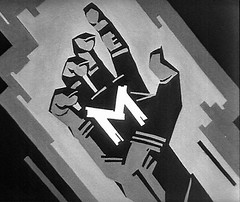
The short-term satisfaction that shopping gives one doesn't apparently compensate for the degree of regret and even remourse aroused when the person realises having spent money unnecessarily. Lucy Purdy, one of the research who carried out the study, said that "for significant numbers, dissatisfaction is now part of the shopping process; it's adding into the dissatisfaction that causes many people to go shopping in the first place. Shopping is offering a short-term buzz, but as a society we now recognise that and we're getting fed up with short-term emotions." And she also said that "unhappy people are most likely to be trying to change their lives through purchasing. They will be changing their diet, or their appearance, or their homes. And it does appear to be younger, more affluent people who are doing the most dysfunctional shopping for things they don't really want or need."

Moreover, a continent-wide survey into addictive spending carried out in Europe and published by The European Union found that 33% of consumers displayed a "high level of addiction to rash or unnecessary consumption", a tendency which often led to indebtedness. The funny thing is that this retail therapy might actually be just the starting point for a far more severe form of psychological disorder, which has been receiving a lot of media attention lately.
As an editorial in "The Age" states: "Just because you may not have heard of the term does not mean you are not suffering from oniomania (compulsive shopping syndrome). It is not yet clear, however, if a definitional upgrade of retail addiction will in any way help those shoppers who slip out with the credit card as a way of dealing with depression, who buy objects they don't need and cannot afford, and who hide their debts and purchases from loved ones. And other questions trouble us: is oniomania a medical condition or a symptom of a society that places an undue emphasis on shopping as entertainment, and on consumer choices as a form of self-definition? Is it a sickness or an unavoidable consequence when advertising everywhere urges us to shop till we drop - in the same way that anorexia and bulimia sufferers are influenced by the rake-thin images of models draped on billboards and magazines."


No comments:
Post a Comment